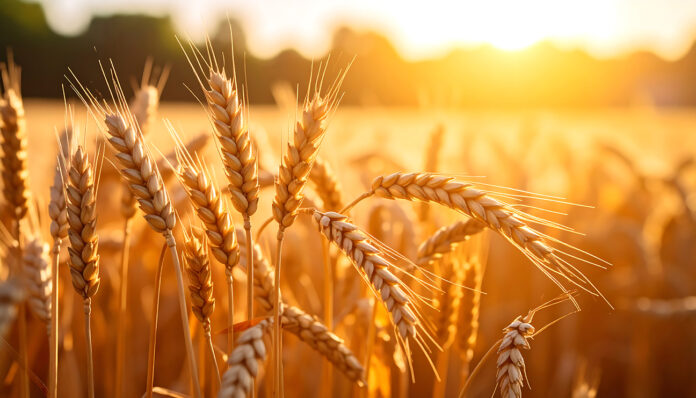In Pakistan, wheat is never just a crop. It is a mirror—held up to the state’s anxieties, the IMF’s experiments, and the farmer’s faith in something more stable than monsoon skies. Wheat here is an old relationship, older than many of the institutions that now claim dominion over it. And like any long relationship, it comes with its own patterns: dependence, intervention, withdrawal, relapse. In the Rabi season of 2025-26, that pattern feels painfully familiar.
A year ago, Pakistan was being told—sternly, directly—that its wheat market needed to finally grow up. The International Monetary Fund had pressed a finger onto an old bruise: the support price. For decades the wheat support price functioned as the country’s most expensive security blanket, a subsidy that began in 1968 and grew until it was almost indistinguishable from the political economy itself. In 2024, the Fund declared the ritual over. No more provincial price-setting. No more massive borrowing. No more games of strategic storage. It was time, they said, to let the market breathe.
Twelve months later, the same IMF that prescribed a cold-turkey exit returned with a more forgiving stance—if not forgiveness itself. After the floods ripped through crops, submerged fields, and destabilised already-fragile supply expectations, the IMF allowed the government to return to the wheat market. Not dramatically, not nostalgically, but significantly: 6.2 million tonnes of procurement at an indicative price of Rs3,500 per 40kg. Not the fixed “support price” of the old era, but something close enough to feel familiar.
Against this oscillation—withdrawal and return—the only part of the system working with any semblance of logic has been the seed distribution effort. As sowing accelerates across provinces, the state’s provision of certified seeds, convoy tracking, and enforcement of movement SOPs has begun to resemble what good agricultural governance might look like. Methodical. Bounded. Helpful without distorting the market.
Which raises the question this story explores: if one year of deregulation and one year of reversal both reveal the same truth, why must Pakistan keep repeating the wheat support cycle? Perhaps the government’s role should be exactly what this year’s sowing drive demonstrates—ensuring seeds, information, and coordination—and nothing more. The wheat itself may do better once the state steps back. The content in this publication is expensive to produce. But unlike other journalistic outfits, business publications have to cover the very organizations that directly give them advertisements. Hence, this large source of revenue, which is the lifeblood of other media houses, is severely compromised on account of Profit’s no-compromise policy when it comes to our reporting. No wonder, Profit has lost multiple ad deals, worth tens of millions of rupees, due to stories that held big businesses to account. Hence, for our work to continue unfettered, it must be supported by discerning readers who know the value of quality business journalism, not just for the economy but for the society as a whole.To read the full article, subscribe and support independent business journalism in Pakistan









